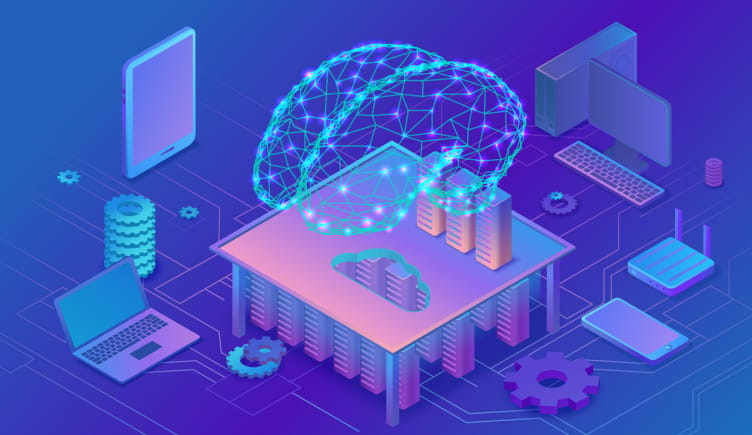From UPSC perspective, the following things are important :
Prelims level: International Atomic Energy Agency (IAEA)
Mains level: nuclear and AI revolutions and the shared challenges in governance, geopolitical dynamics

Central idea
The article explores parallels between the nuclear and AI revolutions, emphasizing the shared challenges in governance, geopolitical dynamics, and the need for international cooperation. It underscores the importance of learning from India’s nuclear history to navigate the AI landscape, highlighting potential pitfalls such as exceptionalism.
Key Highlights:
- Historical Parallels: Drawing comparisons between the nuclear and AI revolutions.
- Global Challenges: Identifying shared issues in managing geopolitical rivalry and preventing misuse.
- US-China Dynamics: Highlighting the significance of agreements between the superpowers in AI governance.
- International Governance Proposals: Discussing the idea of an “International Agency for Artificial Intelligence” (IAAI) and the role of the Global Partnership for Artificial Intelligence (GPAI).
- Lessons for India: Emphasizing the importance of learning from India’s nuclear history in navigating the AI landscape.
Key Challenges:
- Advancements Amid Concerns: Addressing the rapid progress in AI despite calls for restrictions.
- US-China Competition: Exploring the impact of US measures to slow China’s AI development.
- Exceptionalism Risks: Warning against India’s tendency to adopt a “third way” and claim exceptionalism in AI development.
Key Terms and Phrases:
- Geopolitics of AI: Examining the political dynamics surrounding artificial intelligence.
- Arms Control Agreements: Exploring proposals for limiting military applications of AI.
- Private Sector Role: Recognizing the increasing importance of the private sector in AI research.
- S&T Sector Reform: Addressing efforts to reform Science and Technology sectors in India.
Key Quotes:
- “The AI revolution threatens an even bigger catastrophe — machines taking over from humanity and enslaving them.”
- “US-China agreements on AI are viewed as critical for the management of the new technological revolution.”
- “Building strong domestic capabilities in AI is critical to making the best out of international cooperation.”
Key Statements:
- Disarmament Realities: Acknowledging the shift from disarmament idealism in nuclear weapons to the challenges of AI governance.
- Strategic Partnerships: Emphasizing the need for India to capitalize on its partnership momentum with the US in critical technologies.
- Caution Against Exceptionalism: Highlighting the risks of India proclaiming exceptionalism in AI development.
Key Examples and References:
- Superpower Dominance: Drawing parallels between the US-Soviet dominance in the nuclear age and the current US-China dominance in AI.
- International Agencies: Referencing the International Atomic Energy Agency (IAEA) and the proposed International Agency for Artificial Intelligence (IAAI).
- Missed Opportunities: Citing historical instances of India missing opportunities in technological cooperation with the US.
Key Facts and Data:
- GPAI Membership: Noting that the Global Partnership for Artificial Intelligence (GPAI) comprises 28 members.
- India’s Hosting Role: Highlighting India’s role in hosting the GPAI summit in Delhi.
- IAEA Establishment: Providing the year of establishment for the International Atomic Energy Agency (IAEA) as 1957.
Critical Analysis:
- Learning from History: Encouraging India to reflect on historical mistakes and actively engage in the global AI landscape.
- Balancing Progress and Ethics: Acknowledging the challenges of balancing technological progress with ethical considerations and international cooperation.
- Provocative Perspectives: Recognizing the thought-provoking comparison between the nuclear and AI revolutions.
Way Forward:
- Leveraging Partnerships: Encouraging India to leverage its partnership with the US in AI and emerging technologies.
- Strengthening Domestic Capabilities: Advocating for a focus on building robust domestic capabilities in AI, involving the private sector.
- Avoiding Exceptionalism: Advising against the temptation of adopting a “third way” and promoting international cooperation and norms in AI development.
Get an IAS/IPS ranker as your 1: 1 personal mentor for UPSC 2024
